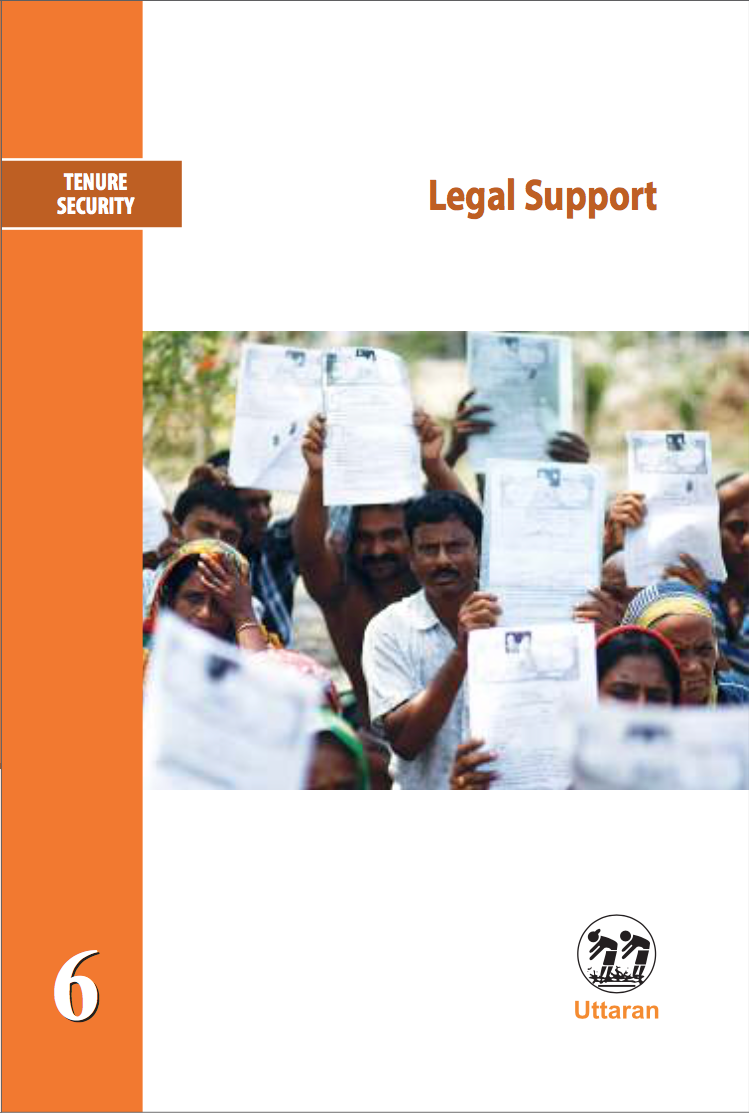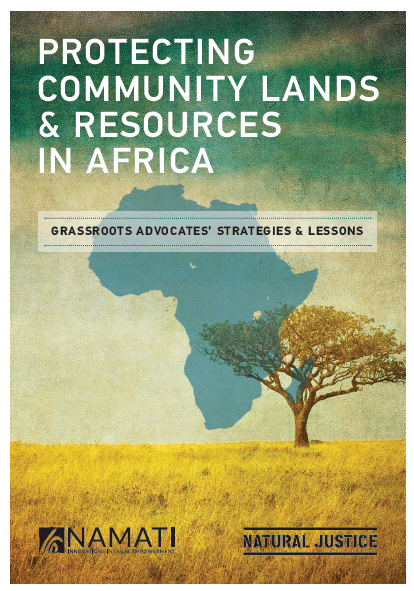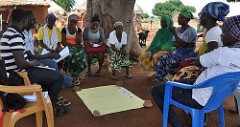Voluntary Guidelines on the Responsible Governance of Tenure of Land, Fisheries and Forests in the Context of National Food Security
ABSTRACTED FROM THE OBJECTIVES SECTION: These Voluntary Guidelines seek to improve governance of tenure of land*, fisheries and forests. They seek to do so for the benefit of all, with an emphasis on vulnerable and marginalized people, with the goals of food security and progressive realization of the right to adequate food, poverty eradication, sustainable livelihoods, social stability, housing security, rural development, environmental protection and sustainable social and economic development.






